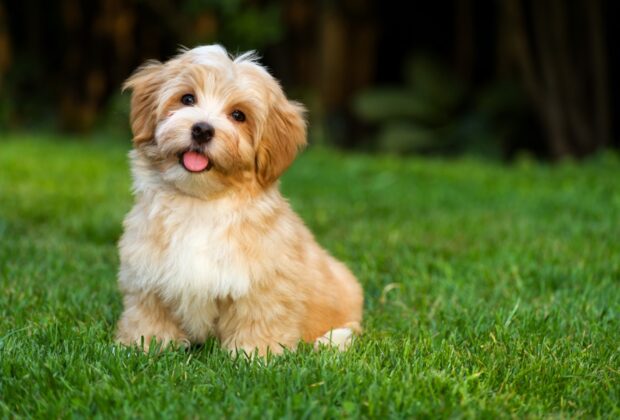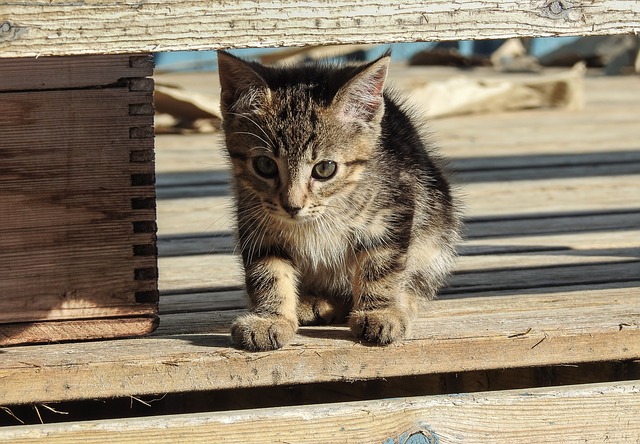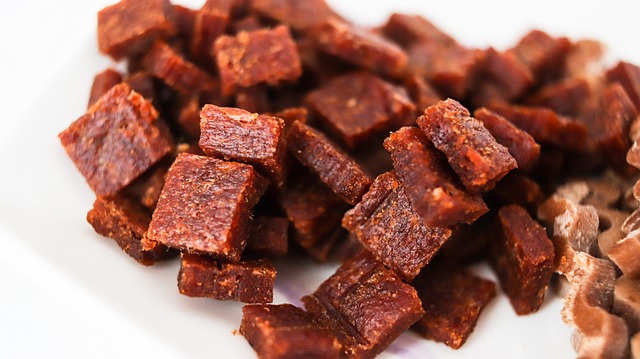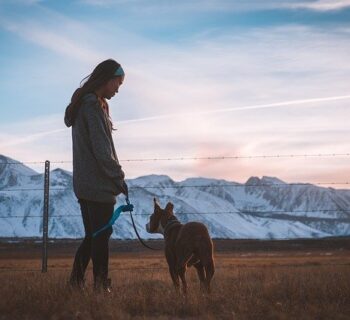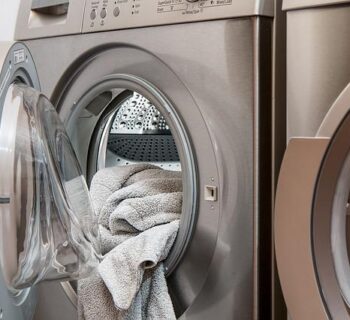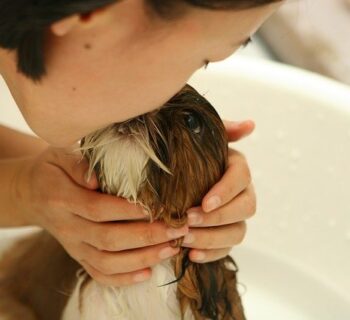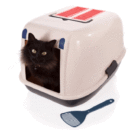If you are a dog lover and want to buy one for yourself, but you can’t since you are allergic to them or any of your family members is. This can be frustrating because you miss out on the unconditional love and companionship a dog offers.
What can you do in such situations: that you get to keep the dog and also don’t have to worry about its allergies? The solution is simple: find ‘Hypoallergenic Dogs’ from the pet store.
These dogs shed significantly less, which causes allergic reactions in people. There is a hypoallergenic dog in every breed if you want a specific breed. Now you may wonder what makes these dogs so special. Please read on for further information regarding these dogs and also which breeds are best for you. So, let's get started.
What Is a Hypoallergenic Dog?
A hypoallergenic dog is a breed that sheds less fur, releasing fewer dog allergens as a result. Since they emit so few allergens, allergy-sensitive individuals may not experience allergic reactions.
Most people have little difficulty interacting with dogs. Nevertheless, many people suffer from allergic reactions to the allergens produced by dogs. These allergens are likely to present in dogs' dander, saliva, urine, and hair.
Remember, no dog breed is 100% hypoallergenic or doesn’t shed at all. Every breed sheds some more than others and vice versa. If you are planning on buying a dog, it is recommended that you spend a week or two with it first to see if they trigger any allergies.
We shall look closely at some breeds considered hypoallergenic and suited for allergic people.
9 Best Hypoallergenic Dog Breeds
People with allergies can adopt the following hypoallergenic dog breeds that do not shed:
Bichon Frise
Despite its small size, this playful pooch has curly white fur that does not shed. They rarely drool, and their thick coat collects loose hair and dander. It is important to remember that loose hair will not come out until the fur is removed, so regular grooming is important.
A Bichon Frise can adapt to various situations excellently; it doesn’t matter if you live in a house or an apartment; your dog can adapt easily. Due to their affectionate and loving nature, this breed makes a wonderful family pet.
Poodles
The poodle comes in three sizes, which means that no matter the size of your home, there will be a poodle to suit your needs.
Despite their non-shedding coats, they require professional grooming to maintain their appearance. While some owners maintain their dogs' coats at a manageable length, others groom them more extravagantly.
Due to their hypoallergenic claims, cross-breeds of Poodles, such as the Goldendoodle, have gained popularity. Are Goldendoodles hypoallergenic? Well, remember, the coats of these crossbreed dogs are only hypoallergenic if they come from Poodles.
Chinese Crested
Chinese Crested dogs are hypoallergenic and are available in two types: hairless and fully coated. There are two coats on the fully coated breed, which are non-shedding and require regular grooming. In contrast, the more widely recognized hairless breed has very little hair.
Thus, making it an ideal choice among those allergic to dog hairs. Chinese Crested dogs with lighter skin should wear a lightweight cotton coat when they are out in full sunlight. This is done to prevent sunburns on their sensitive skin.
Portuguese Waterdog
Portuguese water dogs are known for their affectionate and adventurous natures, making them excellent companions for active families.
The medium-size breed was developed as a fisherman's helper, with a single coat of curly hair that is waterproof and does not shed. Although this breed's coat is hypoallergenic, it is important to maintain it regularly to ensure that it remains as it is and does not accumulate other allergens.
Bedlington Terrier
The Bedlington Terrier is well known for their curly, woolly, and lamb-like coats. Even though its coat does not shed much, it grows rapidly, so it should be clipped regularly. The dogs exhibit a gentle, caring nature, are fairly active, and enjoy being the center of attention among their families.
These hypoallergenic dogs are dedicated to their family and are also very protective. Do you have young children at home? If so, the Bedlington Terrier is the best dog breed for children.
Affenpinscher
It is well known that Affenpinschers are extremely devoted, loving, and entertaining dogs. Due to their size, these dogs are ideal apartment pets since they are small and require minimal exercise.
Furthermore, the Affenpinscher breed is generally considered hypoallergenic, and this breed is usually not bothersome to allergy sufferers. As with all other dogs, their coat requires regular maintenance and should be brushed twice weekly.
Border Terrier
A Border terrier is one of the most popular terrier breeds, as they have a dense, wiry coat that does not shed. Be sure to remind yourself that they will need to have their coat trimmed once or twice a year.
Their calm yet adventurous temperament makes Border terriers extremely popular. They are the perfect family dog because they enjoy spending time with you on the sofa during the weekends but are also constantly up for an adventure.
American Hairless Terrier
These charming breeds are intelligent, energetic, and playful, making them excellent watchdogs for their owners. There are hairless and coated varieties of this breed. Neither type requires extensive grooming. Generally, they shed very little, so a quick brushing and a bath once in a while are all they require.
Havanese
Havanese sport dogs have silky coats and these dogs can be found in a variety of colors. This dog sheds very little, so you may want to leave its coat as it is. Many owners, however, choose to have their dogs' coats trimmed short for easier grooming.
These dogs make good pets for city dwellers due to their adaptability, intelligence, and outgoing nature.
Conclusion
In conclusion, hypoallergenic dogs are a great option for those with allergies or sensitivities to pet dander.
It's important to remember that no dog is entirely hypoallergenic. Still, those considered in this category tend to produce less dander and shed less, making them a better choice for those with allergies.
It's also important to consider the dog's temperament and suitability for your lifestyle before making a decision. Ultimately, the best hypoallergenic dog for you will depend on your individual needs and preferences.
About the Author
Kirsten Heggarty
Kirsten created The Pet Handbook with the aim of sharing her knowledge about pets, pet food, healthy habits, and more. All of her advice is based on years of her own experience with her pets, and feedback that she has received from grateful readers about her tips. If you want to know more please read the About Me page.

